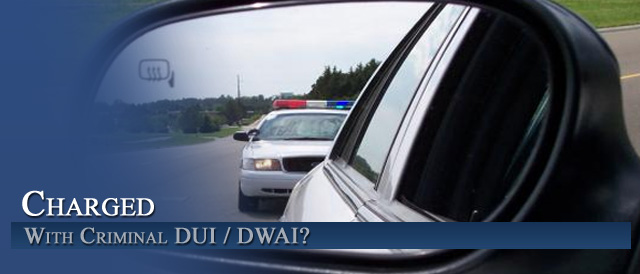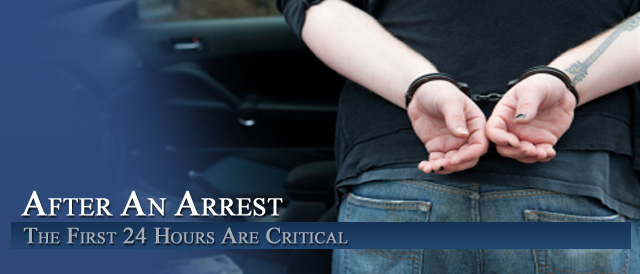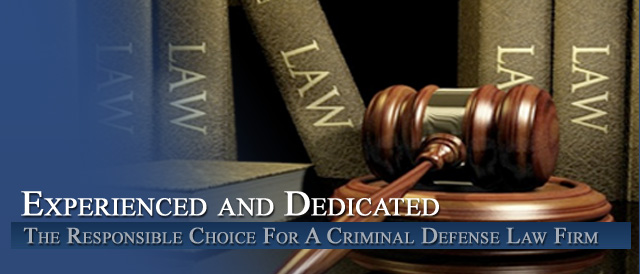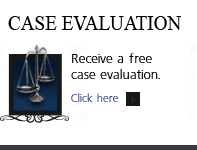




Colorado Alcohol Treatment Programs – Level I and Level II – Track A-B-C-D
by Colorado DUI – DWAI – Lawyer – Attorney – H. Michael Steinberg
Colorado DUI – DWAI – sentencing requires that the defendant successfully complete a Colorado certifed alcohol treatment program as part of any probation based sentence. This article addresses those programs.
The Colorado Alcohol Based Traffic Offenses – Defined
“Driving under the influence” means driving a vehicle when a person has consumed alcohol or one or more drugs, or a combination of alcohol and one or more drugs, that affects the person to a degree that he or she is substantially incapable, mentally or physically, to exercise clear judgment, sufficient physical control, or due care in the safe operation of a vehicle. Section 42-4-1301(1) (f), C.R.S.
“Driving while ability impaired” is similar, except that a person need only be affected to the slightest degree so that he or she is less able to drive than he or she ordinarily would have been. Section 42-4-1301(1) (g), C.R.S.
In Colorado – What is the Level I Alcohol Treatment Program?
Level I consists of 12 hours alcohol education over a minimum of two sessions, unless an alcohol evaluator says more is required. see below…
When is a Level I Alcohol Treatment Program Required?
Completion of a Level I alcohol education program is required when a minor driver has had their license/privilege revoked for one year for their first DUI, DWAI or .02 or more BAC conviction, for a violation that was received while under the age of 21.
However, a person may be classified as a persistent drunk driver and subject to greater penalties if the test shows a blood alcohol level of at least 0.17.
A minor driver may be required to complete Level II education or Level II education and therapy depending on the alcohol evaluator’s recommendations.
Level I alcohol education and Level II alcohol education/therapy programs, as requiredby statute, are defined by the Division of Behavioral Health (DBH) of the Colorado Department of Human Services.
Level I consists of:
Twelve (12 ) hours alcohol / drug ( DUI / DWI / DWAI ) education counseling as defined by DBH / ADAD, over a minimum two (2) day period, with not more than six (6) hours in one (1) calendar day.
What is a Level II? When Is It Required?
Level II consists of an alcohol education and therapy program, as defined by DBH and is required when a driver:
• Is convicted of 2 alcohol violations that occurred within 5 years,
OR
• Is convicted of 3 or more alcohol violations in a lifetime,
OR
• Is revoked for having a BAC of .17 or more,
OR
• Is revoked for multiple BAC tests of .08 or more (Per Se).
BI – A Well Known Colorado Alcohol Treatment Provider describes Level II classes as:
Level II DUI Education
This state-certified class meets court requirements for DUI offenses. This 12-week class increases attendees’ awareness about the negative effects of substance abuse. DUI classes meet once a week for two hours. Discussions focus on addressing the risks and problems related to the use of drugs and alcohol, how to best mitigate those risks, and the difference between addiction and abuse. Attendees participate in comprehensive discussions about the medical aspects of drugs and alcohol, legal implications of usage, signs of addiction, social impacts of drug and alcohol abuse on family and friends, and other topics.
Track A: Level II DUI Therapy
While the education portion of a Level II education program is 24 hours, as for the therapy portion of a Level II program, DBH / ADAD identifies these as:
Track A (42 hours),
Track B (52 hours),
Track C (68 hours),
and
Track D (86 hours).
DUI services must be provided by an agency licensed by ADAD to provide such services
The Curricula must provide the minimum hours and weeks of education or treatment
1) Level I Education shall be 12 hours of instruction. No more than 6 hours shall be conducted in one calendar day
2) Level II Therapeutic Education shall be conducted in outpatient settings, shall be 12 weeks in length, and shall total 24 hours in duration
3) Level II Therapy Track A shall be a minimum of 42 hours of group and/or individual Level II therapy conducted over a period not less than 21 weeks (5 months)
4) Level II Therapy Track B shall be a minimum of 52 hours of group and/or individual Level II therapy conducted over a period not less than 26 weeks (6 months)
5) Level II Therapy Track C shall be a minimum of 68 hours of group and/or individual Level II therapy conducted over a period not less than 34 weeks (8 months)
6) Level II Therapy Track D shall be a minimum of 86 hours of group and/or individual Level II therapy conducted over a period not less than 43 weeks
Some Examples of Content In Level I and II Alcohol Treatment Programs
The following content/topics are usually presented to Level I and Level II Education clients:
1) Physiological effects of alcohol and other drugs, their effects on driving and their interactions
2) High-risk behavior patterns
3) Psychological and sociological consequences of use/abuse of alcohol and/or other drugs
4) Blood alcohol concentration and effects on driving performance
5) Court penalties
6) Motor Vehicle Division laws and penalties, including potential incongruence between court sentence and Motor Vehicle Division requirements
7) Theories of addiction and common treatment approaches
8) Availability of local treatment and self help programs
9) Alternatives to drinking/drugging and driving
10) Impact of impaired driving on victims
11) Understanding behavioral triggers leading to substance use disorders
12) Concepts of relapse and relapse prevention
13) Stress management and substance use
14) Anger management and substance use
15) Decision making skills
16) Development of a personal change plan
What About Intensive Inpatient Alcohol Rehabilitation Programs?
Residential treatment programs can be very effective. These programs are highly structured programs that can last from 28 days to 6 months.
Inpatient rehabilitation differs from other treatment approaches principally in their use of the community- treatment staff and those in recovery-as a key agent of change to influence the patients’ attitudes and behaviors associated with their drug or alcohol abuse.
While in a residential treatment program you will receive individual and group therapy. In addition to traditional therapy, treatment centers offer various specialized treatment options. The primary focus of an inpatient rehabilitation center is on the resocialization of the person to a drug or alcohol free lifestyle.
Alist of all Level II Alcohol Treatment Providers in the State of Colorado – See website for all treatment centers by city or county
Please call our law firm if you have questions about ..
Colorado Alcohol Treatment Programs
H. Michael Steinberg has been a Colorado criminal law specialist attorney for 40 years (as of 2012). For the First 13 years of his career, he was an Arapahoe – Douglas County District Attorney Senior prosecutor. In 1999 he formed his own law firm for the defense of Colorado criminal cases.
In addition to handling tens of thousands of cases in the trial courts of Colorado, he has written hundreds of articles regarding the practice of Colorado criminal law and frequently provides legal analysis on radio and television, appearing on the Fox News Channel, CNN and Various National and Local Newspapers and Radio Stations. Please call him at your convenience at 720-220-2277
If you have questions about Colorado Alcohol Treatment Programs in the Denver metropolitan area and throughout Colorado, attorney H. Michael Steinberg will be pleased to answer those questions and to provides quality legal representation to those charged in Colorado adult and juvenile criminal matters.
In the Denver metropolitan area and throughout Colorado, attorney H. Michael Steinberg provides quality legal representation to those charged in Colorado adult and juvenile criminal matters as regards Colorado Alcohol Treatment Programs.
Other Articles of Interest:
- Colorado Mental Health and Substance Abuse Resources In DUI Cases
- Understanding The Elusive Wet Reckless Plea Bargain In Colorado DUI Cases
- Violations of DUI – DWAI – Probation In Colorado
- Understanding The Colorado – Arapahoe – Douglas County DUI – DWAI – DUID Multiple Offender Program (MOPS) – Alternative Sentencing Options
- Colorado Criminal Defense Lawyers – Why Hiring A Good One Makes Sense













